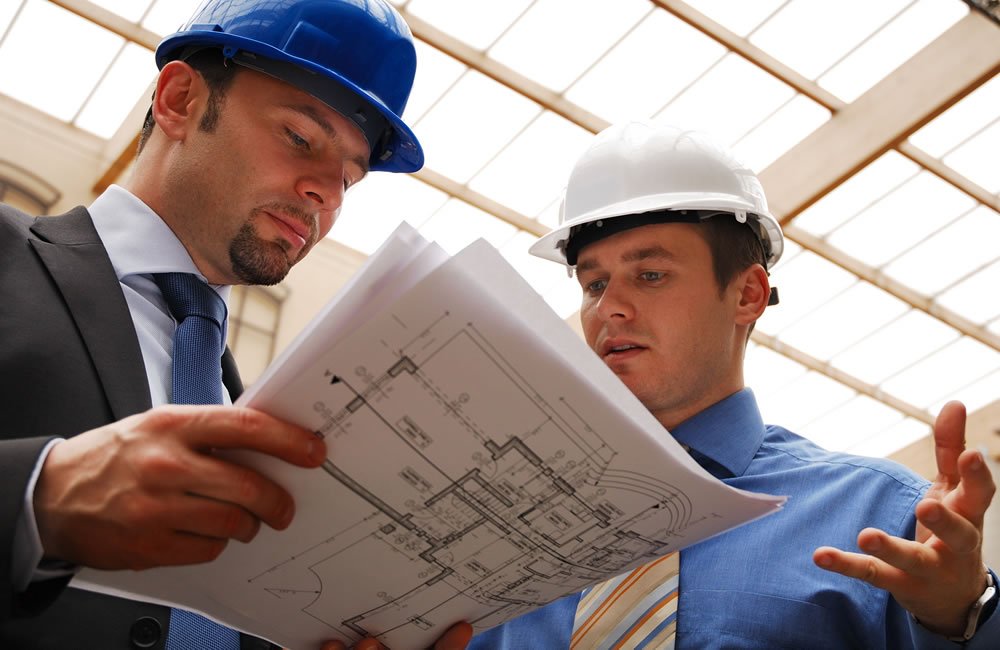Unveiling the Role of Property Developers in Shaping City Landscapes
Unveiling the Role of Property Developers in Shaping City Landscapes
Blog Article
In the dynamic realm of real estate, property developers stand as a major player, playing a key role in the transformation of landscapes and skylines worldwide. Their responsibilities go beyond construction, it's complex dances of vision, investment, and execution. The developers who design and build are the architects of modern cities. They design not only structures but whole communities. Knowing their importance reveals the complex web of influence they weave as well as the effect they exert upon the surrounding environment.
At the heart of the property industry is a idea of conceptualizing and bringing space that is adapted to the changing requirements of our society. Developers start projects based on the analysis of market trends, demographics and plans for urban development. Their foresight is the key to the success and longevity of their ventures, making decisions about location, design, and facilities. It doesn't matter if it's commercial, residential or mixed-use projects, their ability to predict future needs determines the look of their communities as well as drives economic development.
However, the quest for the profit motive can clash with larger social concerns. One of the controversies regarding property developers is trend of at times, gentrification. While they are investing in neglected areas or historic districts and property values increase attracted by wealthy residents and business owners. While this injects new life into once-decaying areas but it also displacing people who have lived there for a long time and small-scale businesses increasing socio-economic inequality. Balancing revitalization efforts with the retention of a sense of community identity and accessibility remains a huge obstacle for planners and developers alike.
Moreover, the environmental impact of development projects cannot be ignored. Developers of property are under increasing pressure to adopt sustainable practices to reduce carbon emissions and preserve natural spaces and increase energy efficiency. Design features that are sustainable, such as rainwater harvesting, green roofs methods, and LEED certification are now standard aspects in the modern development. Beyond complying with rules Developers are beginning to recognize the advantages of long-term environmental eco-friendly initiatives. They include cost savings, market competitiveness and a favorable public image. To acquire supplementary information please go to Akisama
The success of a development project hinges not only on its physical attributes but also on the market positioning and its branding. Developers employ innovative marketing strategies to differentiate their developments and draw in buyers or tenants. It involves creating captivating narratives, visual identities, and sales programs that connect with target audiences. Whether it's luxury condominiums marketed for buyers with high-end tastes or budget housing aimed at first-time homeowners effective branding is necessary to increase sales and maximize returns on investment. Furthermore, developers use digital technologies as well as social media to reach a wider audience and interact with potential clients within a constantly changing market.
Looking into the future, the position of property developers is poised to change in the face of changing demographics, trends in urbanization, and global challenges. The rising demand for mixed-use development, transit-oriented communities, and health-focused spaces will influence the future of developments. Moreover, the imperative for addressing climate change and ensure social equity will prompt developers to adopt innovative approaches and collaborative partnerships. In the current dynamic environment, the ability to adapt, flexibility and a forward-thinking mindset will be the distinguishing factor for trailblazers who are redefining the possibilities of real development.